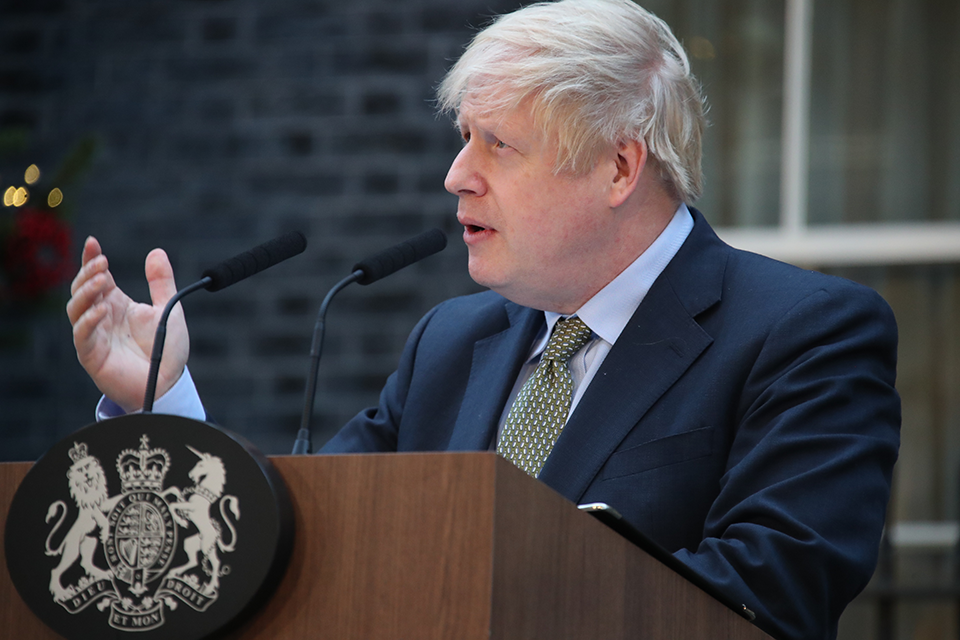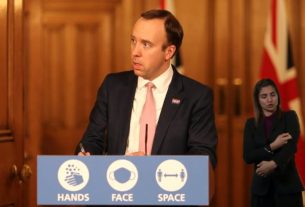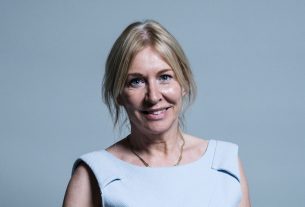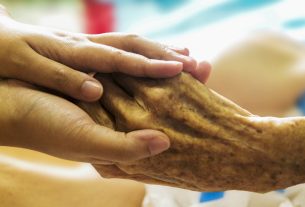The prime minister said it is time for everyone in the UK to stop non-essential contact as the government unveiled a dramatic escalation of measures to combat the coronavirus outbreak.
The advice is “particularly important” to pregnant women, those with underlying health conditions and people over the age of 70, said Boris Johnson.
A rapid increase in the spread of the virus requires “drastic action” the PM said, and includes whole households isolating for 14 days if anyone they live with shows symptoms – a fever or a persistent cough.
Restaurants, cinemas and pubs should be avoided while care homes will be urged to restrict visitors, and employees, especially in London are being encouraged to work from home it they can do so.
In effect, sporting events, concerts and events attracting large gatherings will be banned. However, schools will continue to remain open with the UK’s chief scientific adviser, Sir Patrick Vallance, saying: “These things will be done at the right time.”
‘Difficult and disruptive’
In the first of the new daily briefings about the virus, the PM said that from the weekend, people aged over-70 will be advised to remain at home for up to 12 weeks. When asked if that included elderly MPs and peers staying away from parliament, Johnson said: “This is a universal announcement, intended for everybody. There are no exceptions.”
The PM said: “We are asking people to do something that is difficult and disruptive of their lives,” explaining the “right moment” to escalate the measures needed to combat the outbreak, “is to do it when it is most effective, when we think it can make the biggest difference to slowing the spread of the disease, reducing the number of victims, reducing the number of fatalities.”
The PM hopes people will abide by the restrictions voluntarily without the government being forced to impose closures of venues where advice is not being heeded.
He said all options – including curfews – are under review.
‘Help protect the rest of society’
Chief medical officer Prof Chris Whitty warned people self-isolating with members of their family who are showing symptoms that there is a “reasonably high chance” that they will become infected too, but added their actions were necessary in order to protect the rest of the community.
“This is, in a sense some things people are doing to help protect the rest of society,” said Whitty, announcing testing for the virus will be scaled-up, following the World Health Organisation’s (WHO) appeal earlier today for governments around the globe to: “Test, test, test.”
Whitty said the measures will need to be in place for a prolonged period, adding: “This is going to go on for some time. We should not be under any illusions that ‘if we just do this for a couple of weeks that is sufficient’.”
‘We are in a war against an invisible killer’
BBC’s assistant political editor Norman Smith said the new measures announced brought the UK government’s response to the virus much more in-line with other countries “and suggests that the virus is perhaps spreading much more rapidly than the government’s scientists here anticipated.”
Matt Hancock, the health secretary has announced that 55 people in the UK have died with Covid-19 – a rise from 35. As of 9am today (March 16) 44.105 tests have been carried in the UK with 1,543 people testing positive.
“We are in a war against an invisible killer,” said Hancock.
The government has published online: “Stay at home: guidance for people with confirmed or possible coronavirus (COVID-19) infection”, for people with symptoms “who must remain at home until they are well.”




